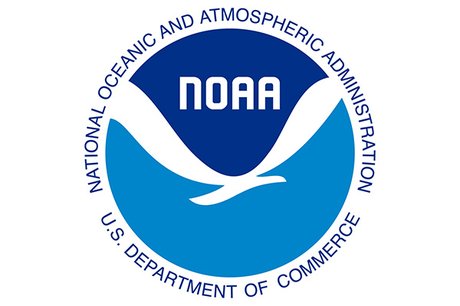Improving Science and Management of Highly Migratory Species in the Atlantic
Working to understand highly migratory species in the Atlantic
Many of the most charismatic fish in the ocean are also the most sought after by commercial and recreational fishermen. Despite this interest, many questions remain unanswered about the life histories of these species. Basic information, like how long they live or how fast they grow, still eludes researchers. Filling in these knowledge gaps is more important than ever, because many of these highly migratory fish populations are declining. Improving understanding about these fish will allow us to enact measures to rebuild their populations and improve their status. In the end, this ensures more balance in the world’s ecosystems, the continued economic support of our coastal communities, and a continued source of protein to feed the world’s population.
Project Goals:
- Improve understanding of stock structures and life histories of highly migratory Atlantic species.
- Support the bycatch reduction and diminish the post-release mortality rates of ecologically important species.
- Pinpoint life stage distributions and habitats of highly migratory Atlantic species.
- Investigate the influence of offshore oil platforms on the health and movement of yellowfin tuna.
The Pelagic Ecosystem Research Consortium's (PERC) core mission directly responds to the National Marine Fisheries Service’s calls to advance science-based management of highly migratory species (HMS) while maintaining engagement of relevant stakeholders, commercial and recreational fishing industries, the seafood industry, and academic researchers.
PERC outcomes pave the way for future HMS research regarding stock assessments, HMS-related ecosystem disturbances, apex predator research, and marine conservation. HMS stock assessments are deficient in fundamental, vital biological data. As a result, HMS management efforts suffer from a chronic, but fixable problem: limited to no region- or population-specific data on life history, CPUE indices, bycatch reduction, post-release mortality, disease status, anthropogenic impacts, or even basic landings information. For example, during each stock assessment, the ICCAT Standing Committee on Research & Statistics (SCRS) pleads for improved fundamental biological information to hone its assessment models towards properly allocating quotas and sustainably managing fisheries. Finally, because HMS research is so expensive, our consortium model allows for the most efficient use of limited economic and logistical resources to conduct a broad scope of essential, cross-cutting HMS research.
Read Next
-
![Reaching Resilience: Climate Services for Gulf of Maine Communities]()
Reaching Resilience: Climate Services for Gulf of Maine Communities
What resilience looks like in Portland might be different than what it looks like in Tremont, but our Climate Center team provides cities and towns …
Perspectives
-
![Gulf of Maine Warming Update: Winter 2023–24]()
Gulf of Maine Warming Update: Winter 2023–24
Over the past decade, scientists have led a body of research that highlights the rapid pace of warming in the Gulf of Maine. To help …
Reports
-
![National Climate Assessment Contributions]()
National Climate Assessment Contributions
In late 2023, four scientists from Maine played significant roles in shaping The Fifth National Climate Assessment (NCA5).
Tidings
-
![Introducing Gulf of Maine Tastemakers]()
Introducing Gulf of Maine Tastemakers
In early 2024, we launched our Gulf of Maine Tastemakers program, which consists of businesses and institutions that are committed to putting local seafood front …
Tidings




